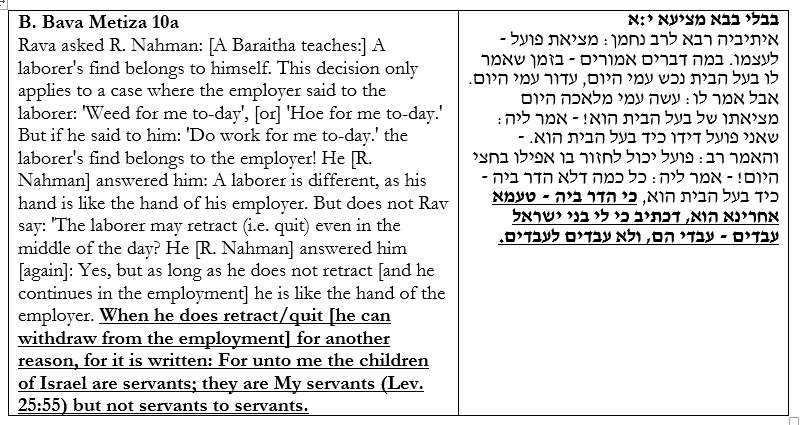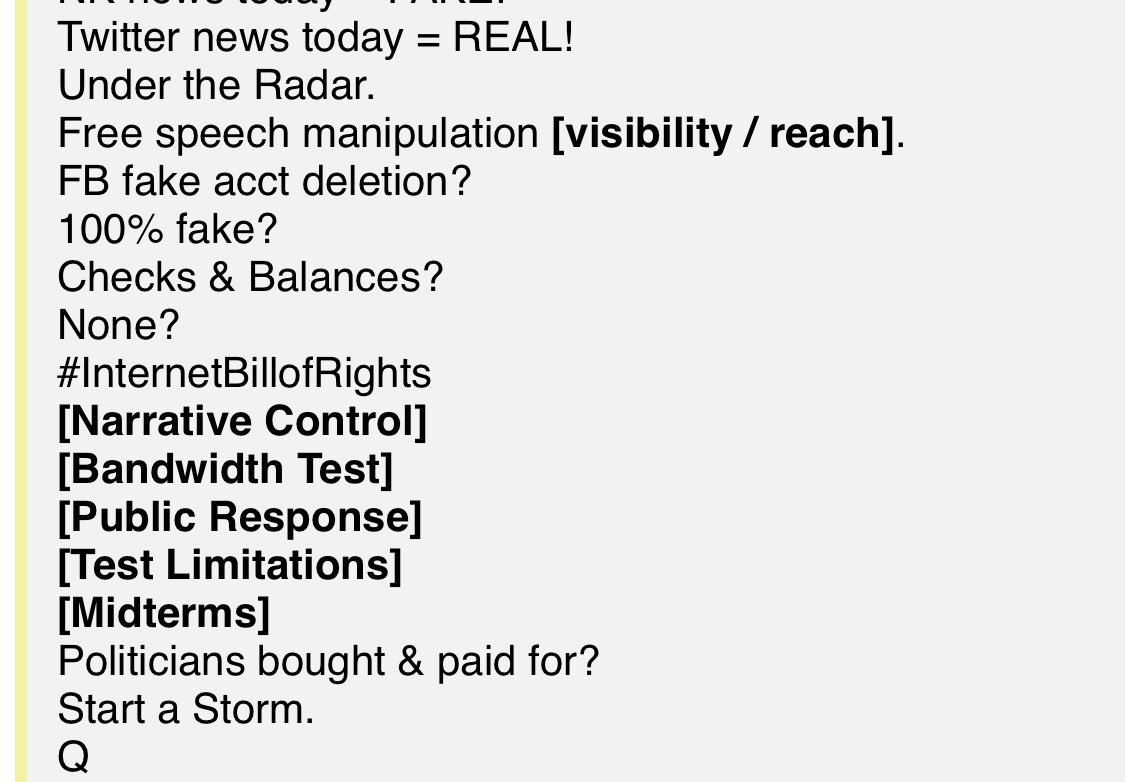It's time for another Twitter shiur!
Today's topic: Employer's Right / Employee's Obligations in Jewish Law
houstonchronicle.com/news/article/J…

Many sources are from my previous class on the subject here:
joshyuter.com/2011/03/07/cul…
Figuring out what that means requires years of intensive and intellectually honest study.







































